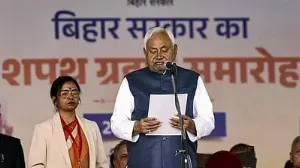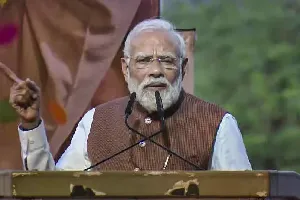Delhi High Court Reviews Sunjay Kapur Inheritance Dispute

The ongoing legal battle concerning the estate of the late businessman Sunjay Kapur has taken a notable turn, as the Delhi High Court hosted a hearing on the matter. The court was presented with arguments from the representatives of his widow, Priya Sachdev, in light of claims made by Kapur's children from his prior marriage to Bollywood actress Karisma Kapoor.
During the proceedings, senior advocate Rajiv Nayar, representing Priya Sachdev, asserted that it is a common practice for a husband to bequeath his assets to his wife. He highlighted a will from Sunjay's father, stating, "There is nothing suspicious about a husband giving everything in his assets to his wife. It is a healthy tradition which perhaps has been maintained." This assertion was reported by the Press Trust of India.
Details of the Will's Drafting
Advocate Nayar provided a timeline of events regarding the contested will, indicating that a draft was shown to Sunjay Kapur on 10 February 2025. He claimed that Sunjay requested changes which were integrated into the document before a final version was completed on 17 March 2025 while he was in Goa. Nayar also noted that both Priya Sachdev's will and Sunjay's were prepared simultaneously, describing this as a customary practice among spouses.
Court Highlights Inconsistencies
The bench raised concerns about several inconsistencies found within the will, including spelling mistakes and pronoun errors, questioning how these discrepancies arose in a document of such significance. Nayar suggested that these issues stemmed from a template based on the will of Sunjay's mother, Rani Kapur. However, the court probed why a template would contain inaccuracies regarding Sunjay's immediate family.
Omissions and Procedural Questions
Further scrutiny revealed that the will did not provide a catalogue of Sunjay's assets and excluded mention of his two older children, Samaira and Kiaan Kapoor. Instead, only Priya and their children, Safira and Azarius, were identified as beneficiaries. The court also noted a misspelling of Azarius's name, which Nayar attributed to the template issue, prompting further inquiries about the reliability of such a document.
The bench also pointed out procedural discrepancies, noting that Rani Kapur's will had been notarised, while the will in question had not. Nayar maintained that it had been drafted by an individual named Nitin Sharma, a detail the court observed was absent from Priya's official statements and affidavits submitted by Sharma.
Lack of Direct Evidence
During the session, it became apparent that the defence could not provide direct evidence showing that Sunjay reviewed or approved the final will draft. The court acknowledged that Sunjay's signature appeared in a notary register for other documents, yet the will itself was neither notarised nor registered. A WhatsApp screenshot previously provided was discussed; however, the bench concluded it did not serve as adequate confirmation of the will’s contents.
Ongoing Proceedings
The Delhi High Court will continue to deliberate on this matter, with further hearings anticipated as both sides present their cases regarding the will's authenticity and legitimacy. The outcome of this legal dispute could have significant implications for the distribution of Sunjay Kapur's estate and the rights of his family members involved in the case.

Nitish Kumar Sworn In as Bihar Chief Minister for Tenth Term

Narendra Modi to Attend G20 Summit in South Africa on Key Issues

Tata Consultancy Services and TPG Establish AI Data Centre Venture

India's Core Industries Growth Remains Flat in October 2025





